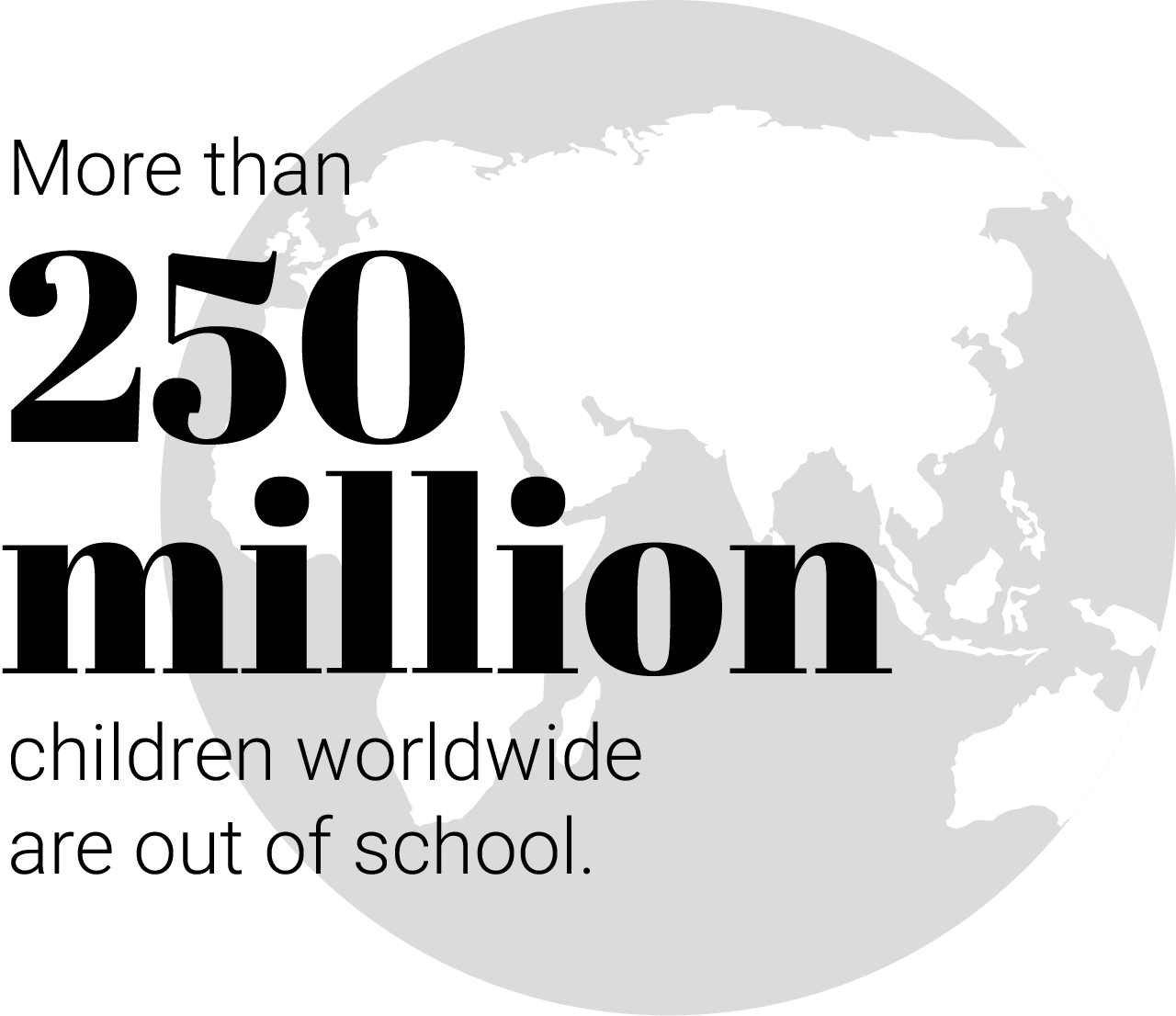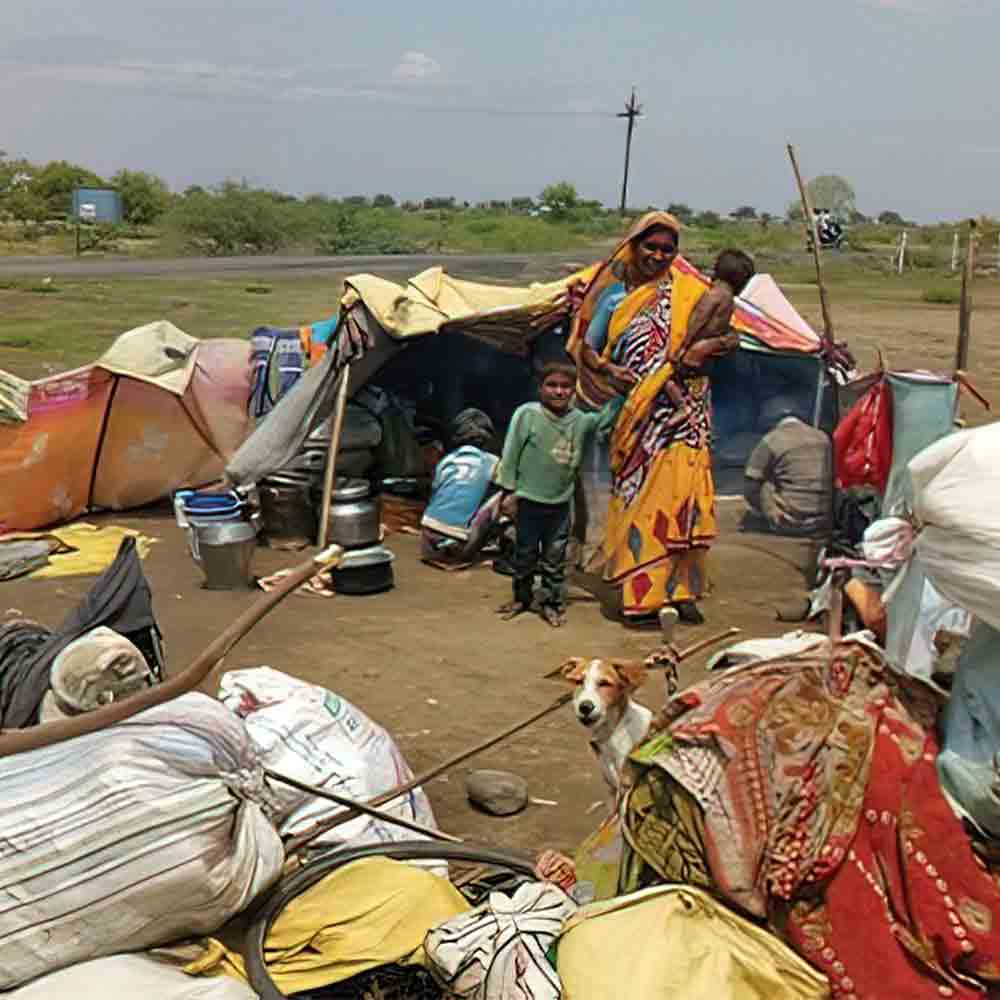Effects of Poverty on Education
There is a strong link between poverty and education. Education, which is one of the top ways to achieve financial stability,1 can empower a person to rise out of poverty. But the effects of poverty on education present a formidable obstacle to achieving this feat.
Those from poor households are five times more likely to be among the more than 250 million children worldwide who are out of school.2 This statistic can result from many reasons, but most of them stem from poverty.
Impoverished families, especially in developing countries, often simply cannot afford to send their children to school. If they are among the 736 million people living below the poverty line, making $1.90 a day or less,3 it may take every bit of that income just to feed their families. Even if tuition is free, related expenses such as school supplies may be unfeasible.
Parents in such situations may feel compelled to keep children out of school so they can work. They may fear the loss of any family income in their pursuit of survival. This was the case for Taboras, a father of nine in Asia whose family earned a living by scavenging through trash for sellable items. He, like many impoverished parents, didn’t realize the value of education and how it could vastly improve his children’s lives and future prospects.4
But poverty also affects children who do attend school. In addition to the lack of proper school supplies, impoverished children often suffer from the lack of proper nutrition. This deficiency, and other stresses related to poverty, impairs cognitive development, and hinders one’s ability to concentrate in class and retain information.5 Malnutrition can also lead to frequent sickness, which results in children missing school and the chance to learn.6
Click here, to read more about this article.
Click here, to read more blogs in Gospel for Asia.Com


Comments
Post a Comment